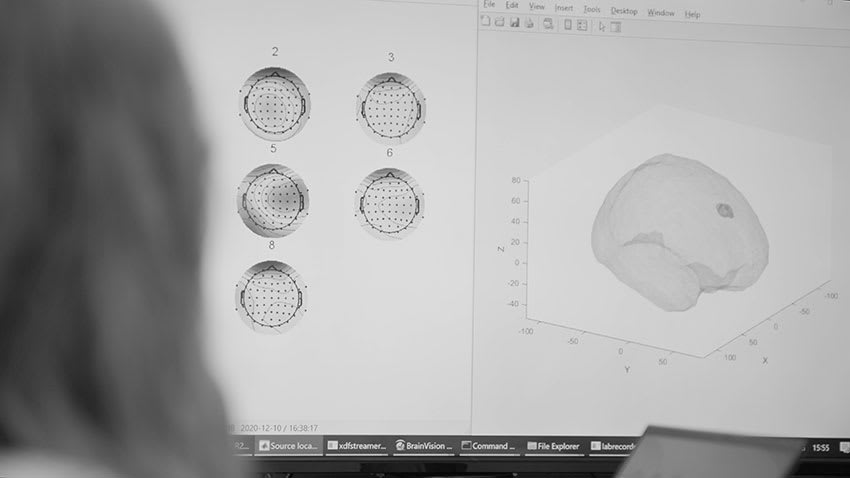
Applied Scientist for Probabilistic Machine Learning and Human-Computer Interaction
- On-site
- Berlin, Berlin, Germany
- Delft, Zuid-Holland, Netherlands
+1 more- R&D
Job description
Zander Labs is a leader in neuroadaptive technology, pioneering innovative solutions to enhance human-computer interaction. We are embarking on Project NAFAS, a landmark 30 million EUR initiative set to revolutionize the field.
We are seeking an innovative and skilled scientist with at least 1-3 years of experience and a specific combination of skills: The ideal candidate has profound knowledge of probabilistic machine learning modelling and of the application of these methods in the realm of (adaptive) human-computer interaction.
This particular position will focus on the design and development of neuroadaptive systems, i.e., systems that can adapt to the user's cognitive and emotional states in real time, based on a number of simultaneously obtained streams of data. The data in question will include decoded brain activity, discrete event markers of incidents within the environment, and many other continuous or discrete data points providing additional contextual information stemming from a virtual or real-life setting. The successful applicant must have prior experience with handling various time-series data, and will focus, among other things, on: the efficient and effective co-registration of the data and developing a probabilistic modelling framework; the conceptualization, design, and implementation of a comprehensive general framework to automatically find patterns and regularities in this data; and the deployment of that same framework to enable existing HCI implementations to detect and respond to such regularities, making them neuroadaptive. The end goal of this development is to provide the functionality necessary to meaningfully enhance user experience across various applications based on decoded brain activity, even when the exact interaction is not known or intentionally left open at design time. Therefore, a large weight is placed on creativity and ability to find new data-driven and/or machine learning modelling frameworks as well as designing, implementing, and validating proof-of-concept applications.
The successful candidate will apply their expert knowledge of probabilistic machine learning modelling and interactive systems to, among other things,
- develop mathematical and probabilistic models of human-computer interactions and user behaviours,
- develop methods to perform automatic inference,
- design and develop experiments, prototypes, and proof-of-concept applications to evaluate, validate, and refine the developed methods,
- write computer code, design experiments, and coordinate the necessary data acquisition,
- conduct extensive research into existing HCI and adaptive systems,
- collaborate with experts in different fields, including neuroscience, computer science, and machine learning to bring this technology closer to the market,
- identify key use cases of emerging neuroadaptive capabilities,
- stay abreast of the latest developments in HCI, neuroadaptive technology, and related fields.
Job requirements
Advanced degree in related field.
Strong modelling, analytical, programming, and system design skills.
Proven postgraduate experience in the field of computational modelling, mathematical modelling, or similar.
Demonstrable experience in the mathematical modelling and analysis of human-computer interaction and adaptation.
Ability to work collaboratively in a multidisciplinary team and a fast-paced environment.
Strong communication and presentation skills.
Familiarity with (passive) brain-computer interfaces is a plus.
or
All done!
Your application has been successfully submitted!

